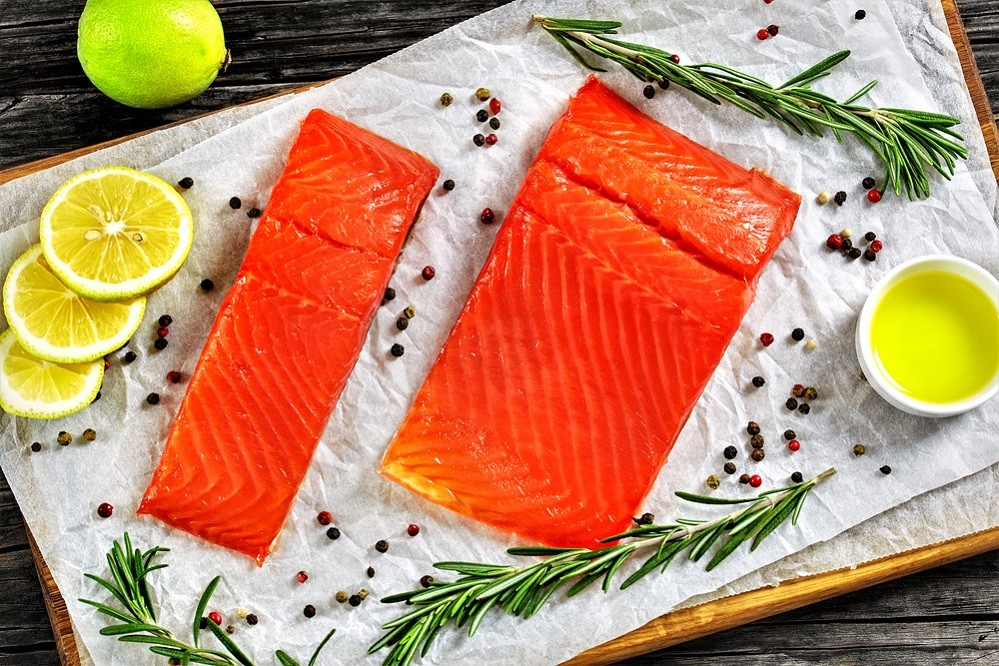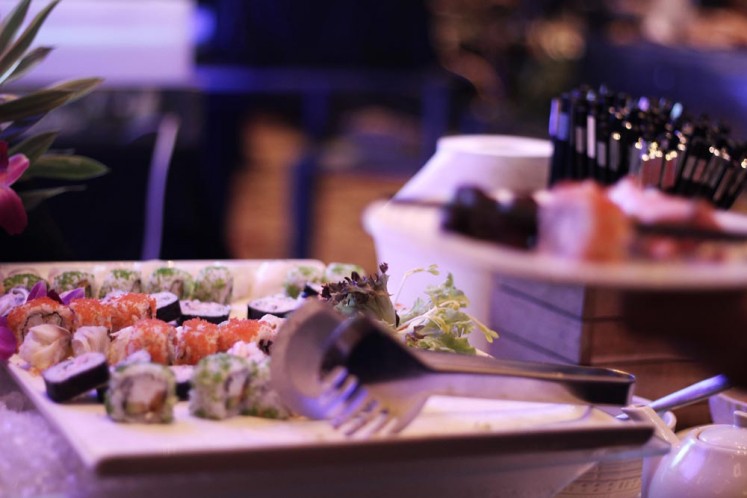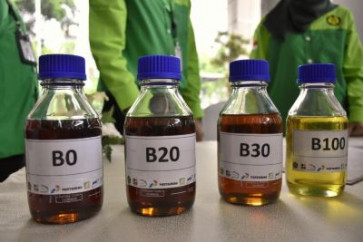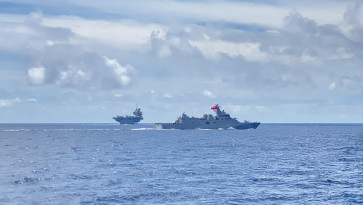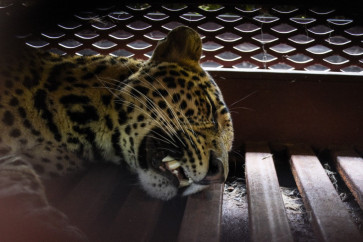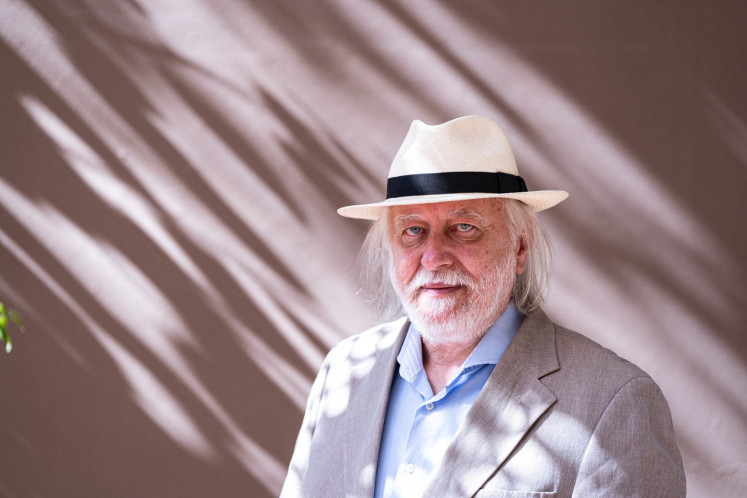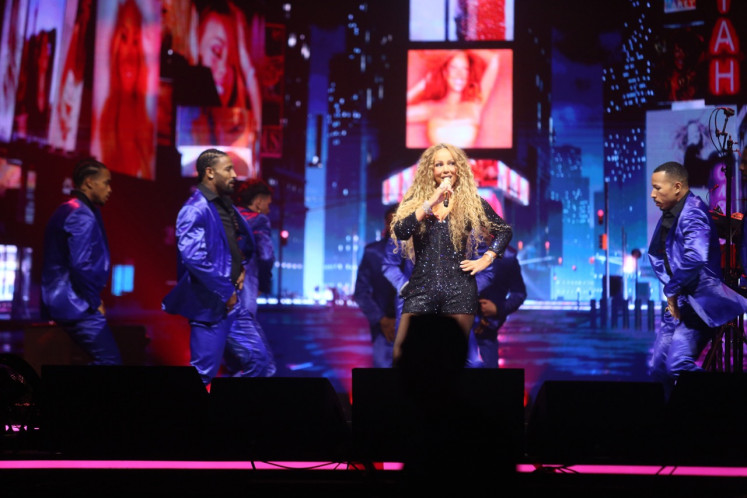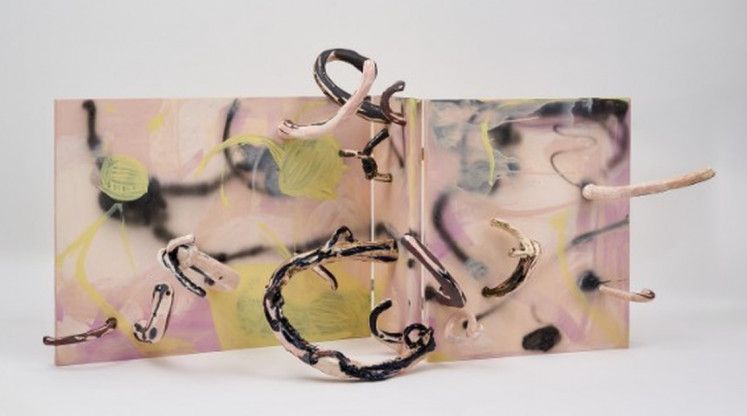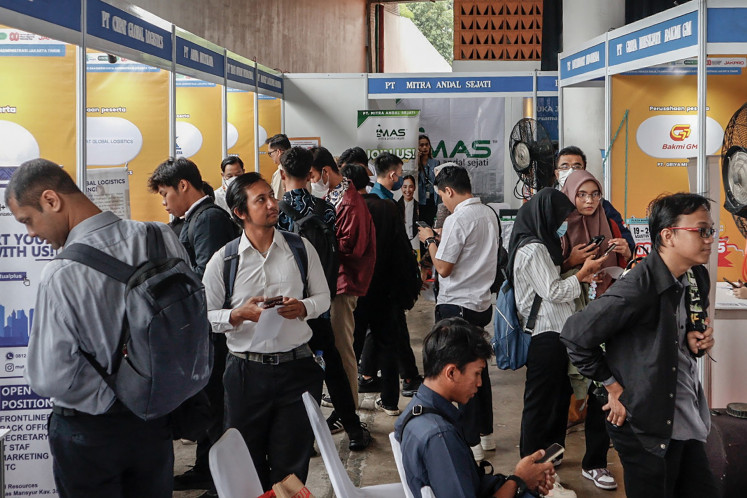Popular Reads
Top Results
Can't find what you're looking for?
View all search resultsPopular Reads
Top Results
Can't find what you're looking for?
View all search resultsThings to know about Norwegian salmon
Change text size
Gift Premium Articles
to Anyone
A
ccording to the Norway Seafood Council, Norway is the second-largest exporter of seafood worldwide. The country is famous for its salmon as it has developed ocean-farmed Norwegian salmon with strict regulations in terms of its environment and feeding methods.
If you are a salmon lover, these are the facts of Norwegian salmon that you should know:
Why Norway?
Those who have eaten fresh salmon from Norway must know that it has a clean, sea taste with a moist texture. Available throughout the year and raised in clear waters, this farmed species is able to be eaten raw as it is said to contain no coloring and provides fish oil, vitamins and minerals, as well as antioxidants.
But back in the 1980s, the bacterial fish disease furunculosis was discovered in both farmed and wild salmon. According to the WHO, the outbreak forced many fish farmers to use antibiotics by combining them in their fish meal to treat the disease. The antibiotics were certainly not the way out because, if consumed in large doses, they can accelerate antibiotic resistance, especially for the bacteria.
In 1994, fish farmers finally moved to vaccination to treat the disease and, in 2015, less than 1 percent of salmon was treated with antibiotics. Today, the country’s usage of antibiotics is approaching zero.
Read also: How to eat like Norwegians, the world’s healthiest people
Salmon was the main ingredient at the 2017 Seafood Extravaganza Dinner at Fairmont Hotel, Central Jakarta, on November 17. Held by the INBC to connect Indonesian and Norwegian stakeholders, the event served 50 different seafood dishes from products that were imported from Norway. (JP/Ben Latuihamallo)Cooking methods
Salmon can be made into various dishes, among them are steaks, smoked salmon, sushi, sashimi, grilled salmon or soup. But no matter how people enjoy their salmon, they may want to include aquavit.
According to telegraph.co.uk, aquavit is a spirit which is distilled with botanicals, such as caraway and dill. Widely known in Scandinavian meals, aquavit can be paired with sea products, such as salmon and herring. It also can be served cold in a shot glass.
Indonesia as potential market
Although salmon consumption among Indonesians is on the rise, Indonesia is certainly not the largest buyer of Norwegian salmon. “The biggest country is Japan actually,” said Per Fredrik Ecker, the chairman of the Indonesia Norway Business Council (INBC), prior to the Seafood Extravaganza Dinner 2017 on Nov. 17. The INBC is an independent international organization representing Norwegian, Indonesian and international companies.
“There has been a quite steady growth in importing salmon to Indonesia,” Ecker added. “Indonesia is, of course, a big market, so I think the potential here is much bigger than what you see today.” (asw)

